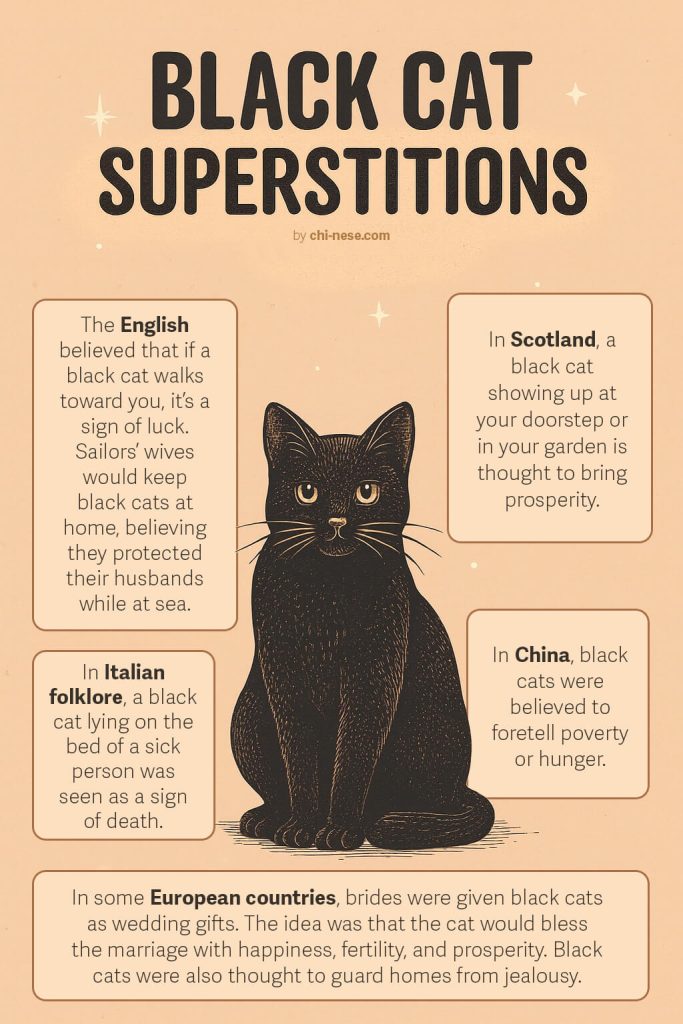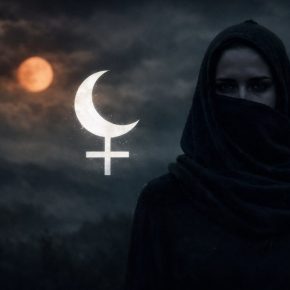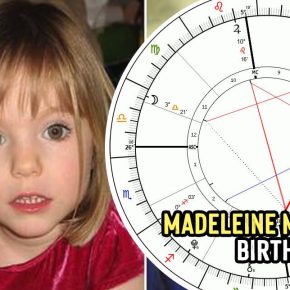Black cats have captured human imagination for centuries. To some, they’re mysterious companions with a touch of magic in their fur; to others, old superstitions paint them as bringers of bad luck. And yet, in many cultures, they’re actually cherished as symbols of prosperity, protection, and good fortune. It really all depends on where you are, the stories you grew up with, and how much you let superstition guide you.
One thing hasn’t changed, though: black cats are still seen a little differently. Some people adore them, while others shy away, and sadly, that might explain why black cats are often the last to be adopted, waiting in shelters far longer than their colorful cousins. Could old superstitions still be casting their shadow today?
Ancient Beliefs About Black Cats
Long before they were linked with bad luck, cats in general, including black ones, were celebrated. In ancient Egypt, cats were considered sacred animals. The goddess Bastet, protector of the home, was often depicted with the head of a lioness or domestic cat. Harming a cat, black or otherwise, was punishable by death, and families believed cats brought divine protection into their homes.
But as centuries passed, cultural attitudes shifted. In medieval Europe, black cats became entangled with fears about witchcraft and the devil. It was widely believed that witches could transform into black cats to sneak around unseen, or that they kept black cats as their magical familiars. A black cat appearing at midnight? People thought it was either calling other witches to gather or foretelling a death.
Black Cat Superstitions Around the World
Superstitions about black cats change drastically from place to place. Travel just a few hundred miles, and suddenly a black cat can go from being a bad omen to a lucky charm.
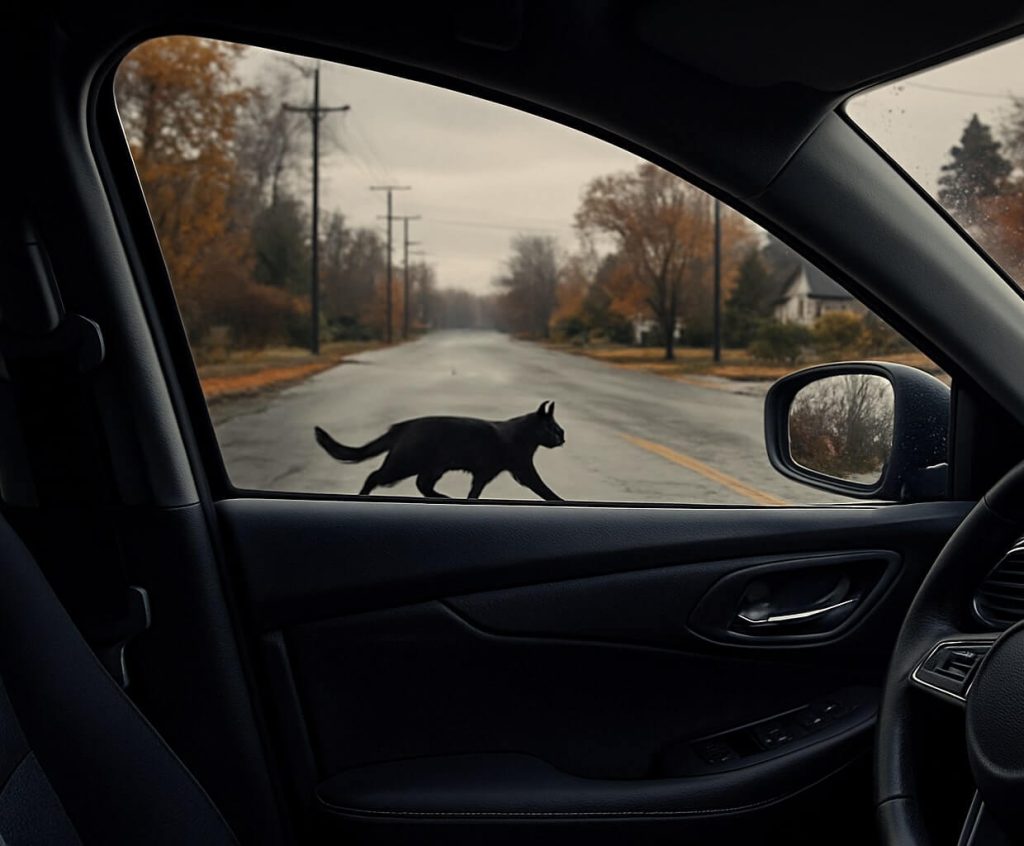
United States
In American folklore, a black cat crossing your path is considered bad luck. This superstition likely came over from Europe during the colonial period. The idea was that if a black cat cut you off, it meant the devil or evil spirits had noticed you. Even today, especially around Halloween, black cats are often (unfairly) linked to spooky or unlucky vibes.
Germany
German superstition is more nuanced. If a black cat crosses your path from right to left, it’s considered a bad omen. But if it crosses from left to right, it’s a sign of good fortune on its way. In other words, the direction makes all the difference.
Scotland
In Scotland, a black cat showing up at your doorstep or in your garden is thought to bring prosperity. Rather than an omen of doom, it’s welcomed as a positive sign that abundance and happiness are near.
England
The English are generally kinder to black cats. It’s believed that if a black cat walks toward you, it’s a sign of luck. In the past, sailors’ wives would keep black cats at home, believing they protected their husbands while at sea. Fishermen also valued them as good-luck charms.
Italy
In Italian folklore, a black cat lying on the bed of a sick person was seen as a sign of death. Understandably, this created fear around them in certain situations.
France
French tradition says that caring for a black cat with kindness can bring good fortune. They were sometimes called “money cats” because of their association with wealth.
China
In China, the superstition goes the other way. Black cats were once believed to foretell poverty or hunger, so their presence wasn’t always welcomed.
Japan
In Japan, black cats are actually seen as lucky, especially for single women. Owning one was thought to attract more suitors, because the cat symbolized good fortune in love.
Weddings, Love, and Fertility
In some European countries, brides were traditionally given black cats as wedding gifts. The idea was that the cat would bless the marriage with happiness, fertility, and prosperity. Black cats were also thought to guard homes from jealousy or evil spirits trying to interfere with the couple’s love.
Even today, many people associate black cats with romance and loyalty… a belief that runs completely opposite to the bad-luck stereotype.
Black Cats in Sailor Superstitions
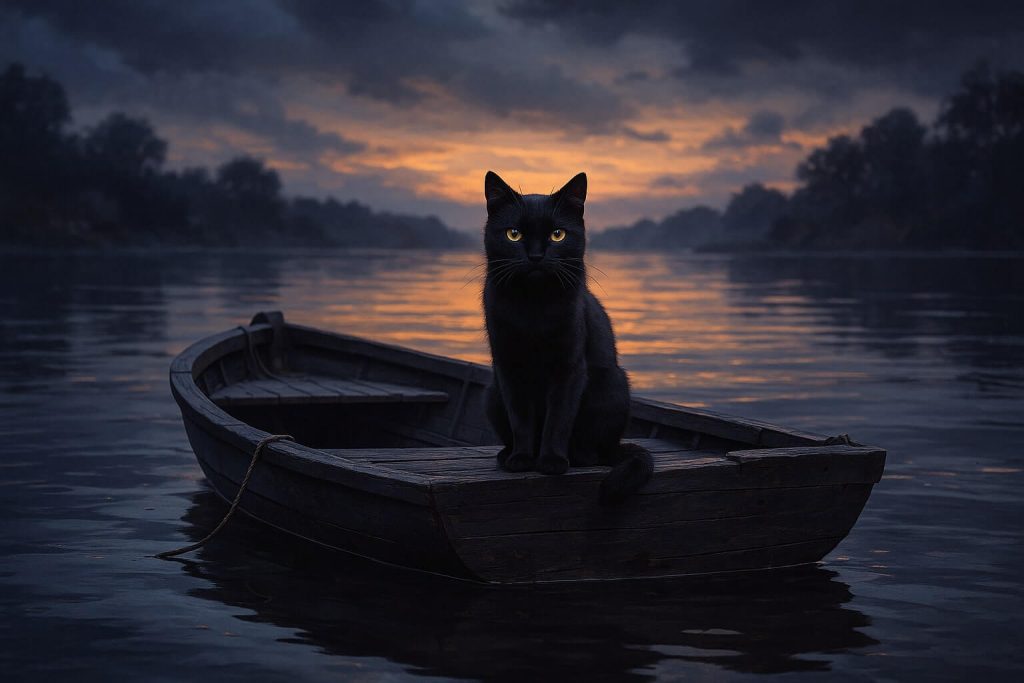
Sailors had a complicated but mostly positive view of black cats. Many believed a black cat on board would ensure a safe journey and good weather. In fact, some ships kept them as mascots. If a sailor’s wife kept a black cat at home, it was believed to protect her husband at sea and guarantee his safe return.
On the flip side, if a cat jumped ship or was thrown overboard, it was thought to bring storms or disaster. Clearly, cats had a lot of power in sailors’ eyes.
Are Black Cats Really Bad Luck?
The idea that black cats bring misfortune has stuck around, especially in the U.S. and parts of Europe. But today, many people view this superstition as unfair and outdated. Black cats are just as loving, playful, and loyal as any other cat. Sadly, because of the bad-luck myths, black cats are often overlooked in shelters, which is why some animal rescues run adoption drives around Halloween to show how special they are.
Spiritually, black cats are sometimes seen as protectors of energy, helping ward off negativity and guiding people through transformation. Their dark fur is linked to mystery, intuition, and the unseen, but mystery doesn’t always mean misfortune.
Interestingly, black dogs are often seen as guardians of the physical world, protecting your home and space, while black cats and cats in general are thought to watch over the emotional and spiritual, even helping to clear away negative energy.
The Real Magic
So, do black cats bring good luck or bad luck? The answer depends entirely on where you are and what you believe.
- In England, Japan, and Scotland, they’re lucky.
- In the U.S., Italy, and China, they’re more likely to be feared.
- For sailors and newlyweds, they were often treasured guardians.
At the end of the day, a black cat crossing your path is probably just… a cat. But if you’re going to see it as a sign, why not lean toward the brighter version? Let it stand for balance, protection, and a touch of mystery.
Because really, superstitions say less about cats and more about us, our hopes, fears, and the way we try to make sense of the world. And if that’s the case, why waste energy seeing them in a negative light, when you can choose to see magic instead?



